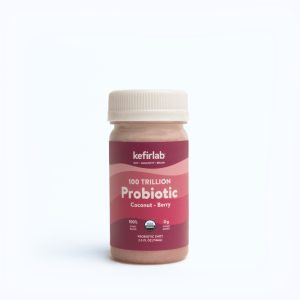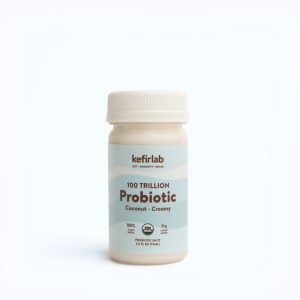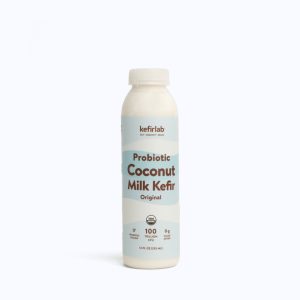Probiotics and Hormonal Health: Exploring the Connection – ProbioticsX

Probiotics and Hormonal Health: Exploring the Connection
The Role of Probiotics in Balancing Hormones: An Overview
Hormones play a crucial role in our overall health and well-being, influencing various bodily functions such as metabolism, mood, and reproductive health. When hormones become imbalanced, it can lead to a range of health issues, including weight gain, mood swings, and even hormonal disorders. However, recent research has shed light on the potential role of probiotics in balancing hormones and promoting hormonal health.
Probiotics are live bacteria and yeasts that are beneficial for our gut health. They help maintain a healthy balance of microorganisms in our digestive system, known as the gut microbiota. While the primary function of probiotics is to support digestion and boost the immune system, emerging evidence suggests that they may also have a significant impact on hormonal balance.
Gut Microbiota and Hormonal Imbalance: Understanding the Link
The gut microbiota plays a crucial role in regulating hormone levels in the body. It produces and metabolizes hormones, such as estrogen and testosterone, and influences their circulation and availability. When the gut microbiota is imbalanced, it can lead to hormonal disruptions and contribute to the development of hormonal disorders.
Research has shown that certain strains of probiotics can modulate the gut microbiota and promote hormonal balance. For example, Lactobacillus acidophilus has been found to increase the production of sex hormone-binding globulin (SHBG), a protein that binds to and regulates the levels of sex hormones in the body. By increasing SHBG levels, probiotics can help regulate the availability of sex hormones and prevent hormonal imbalances.
Probiotics as a Potential Treatment for Hormonal Disorders: Current Research
The potential of probiotics as a treatment for hormonal disorders is an area of active research. Several studies have shown promising results in using probiotics to manage conditions such as polycystic ovary syndrome (PCOS), a hormonal disorder that affects women of reproductive age.
In a randomized controlled trial published in the Journal of Clinical Endocrinology and Metabolism, women with PCOS who took a probiotic supplement containing Lactobacillus acidophilus and Bifidobacterium bifidum experienced improvements in hormonal balance, insulin sensitivity, and menstrual regularity. These findings suggest that probiotics may have a role in managing hormonal disorders by restoring gut microbiota balance.
Harnessing the Power of Probiotics for Hormonal Health: Practical Tips and Recommendations
If you’re interested in harnessing the power of probiotics for hormonal health, there are several practical tips and recommendations to consider. Firstly, incorporating probiotic-rich foods into your diet can be beneficial. Foods such as yogurt, kefir, sauerkraut, and kimchi contain live cultures of beneficial bacteria that can support gut health.
Additionally, considering a probiotic supplement may be beneficial, especially if you have a specific hormonal disorder or are experiencing symptoms of hormonal imbalance. When choosing a probiotic supplement, look for strains that have been studied for their effects on hormonal balance, such as Lactobacillus acidophilus and Bifidobacterium bifidum.
It’s important to note that while probiotics show promise in promoting hormonal health, they should not replace conventional medical treatments for hormonal disorders. Always consult with a healthcare professional before starting any new supplement regimen.
In conclusion, the connection between probiotics and hormonal health is an exciting area of research. The gut microbiota plays a crucial role in regulating hormone levels, and probiotics have shown potential in balancing hormones and managing hormonal disorders. By understanding the link between gut microbiota and hormonal imbalance, we can harness the power of probiotics to support our overall hormonal health. Incorporating probiotic-rich foods and considering a probiotic supplement may be practical steps towards achieving hormonal balance. However, it’s essential to consult with a healthcare professional for personalized advice and guidance.




